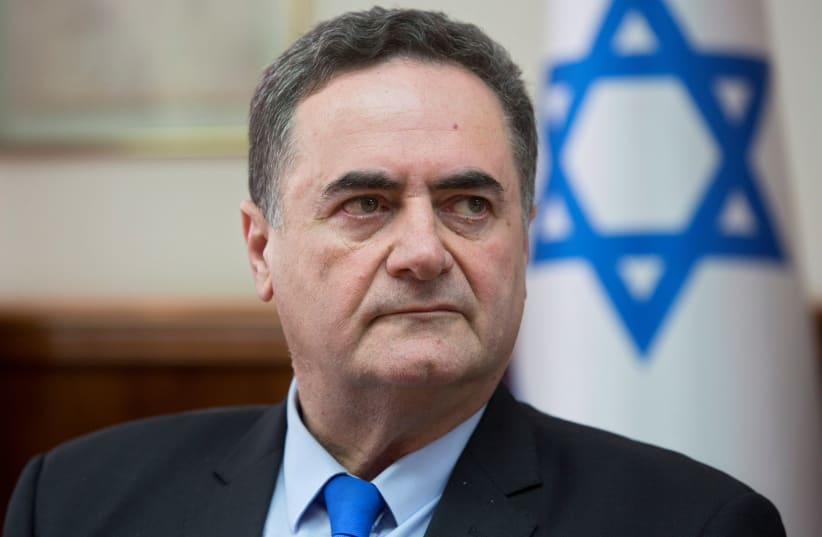Israel's targeted assassination of top terrorists from the Palestinian Islamic Jihad have proven to be an effective deterrence and should be a seen as a warning to the region against those who seek to harm Israel, Foreign Minister Israel Katz told Army Radio on Thursday morning. He spoke three days after Israel killed PIJ leader Bahaa Abu al-Ata in a surgical strike in Gaza that marked Israel’s clear return to targeted assassinations after six months of debate in the security cabinet about the matter. During the violence that broke out between Israel and Gaza over the two following days, the IDF also killed an additional 20 PIJ terrorists, Katz said. In May, Israel had also killed Hamas financier Hamed Ahmed Abed Khudari, 34, as part of a larger retaliatory strike against rocket fire. The fact that the Egyptians reported that halting such targeting killings was a PIJ request for a restoration of calm, shows how effective this policy is in deterring further violence, Katz said. This policy “has proven itself,” Katz said. There was a clear message here, “not just to the PIJ,” but “to the region as a whole." The PIJ differs from Hamas, even though both are dedicated to the destruction of Israel, Katz said. While Hamas cooperates with Iran, PIJ is a clear “Iranian proxy." The fact that Hamas did not join the PIJ in launching rockets against Israel over the last two days proves that Israeli deterrence works, he said. It’s absence from the last two days of violence is an achievement for Israel, he added. Deputy Defense Minister Avi Dichter told Army Radio it had been clear from the start that the PIJ would respond to the assassination; the open question was whether Hamas would join in. He agreed with Katz that the group's absence was the result of past IDF actions against it.“Why didn’t Hamas enter this latest round?" he asked. "Because it knew what the Israeli response would be." Dichter rejected reports that Israel had agreed to halt the targeted assassinations, stating that the only clear message Israel had was that, “for calm, they will get calm; if they fire, we will fire.”He added that those who plan and execute terror attacks against Israel will be targeted.“This message is not just for the PIJ, but for Hamas,” Dichter said.
Former defense minister and Yisrael Beytenu Party head Avigdor Liberman told Army Radio that it was a mistake to read too much into Hamas restraint, warning that in three years it would be akin to Hezbollah in Lebanon.
The United States supports Israel’s decision to use targeted assassinations in pursuit of its self-defense, Assistant Secretary for Near Eastern Affairs David Schenker told reporters in Jerusalem on Wednesday.
Schenker did not appear phased by the IDF’s resumption of targeted assassinations, and spoke of his support for Israel’s decision to slay al-Ata.
“He was a significant terrorist who planned on doing evil to Israel," Schenker said. "The world is a better place without him. Kudos to you, for taking care of one problem. Israel has a right to defend itself not just in Gaza, but wherever it sees fit. The Israel has defended Israel’s right to do so, regardless of where that is."He added that this had included Israeli military action in Syria.
